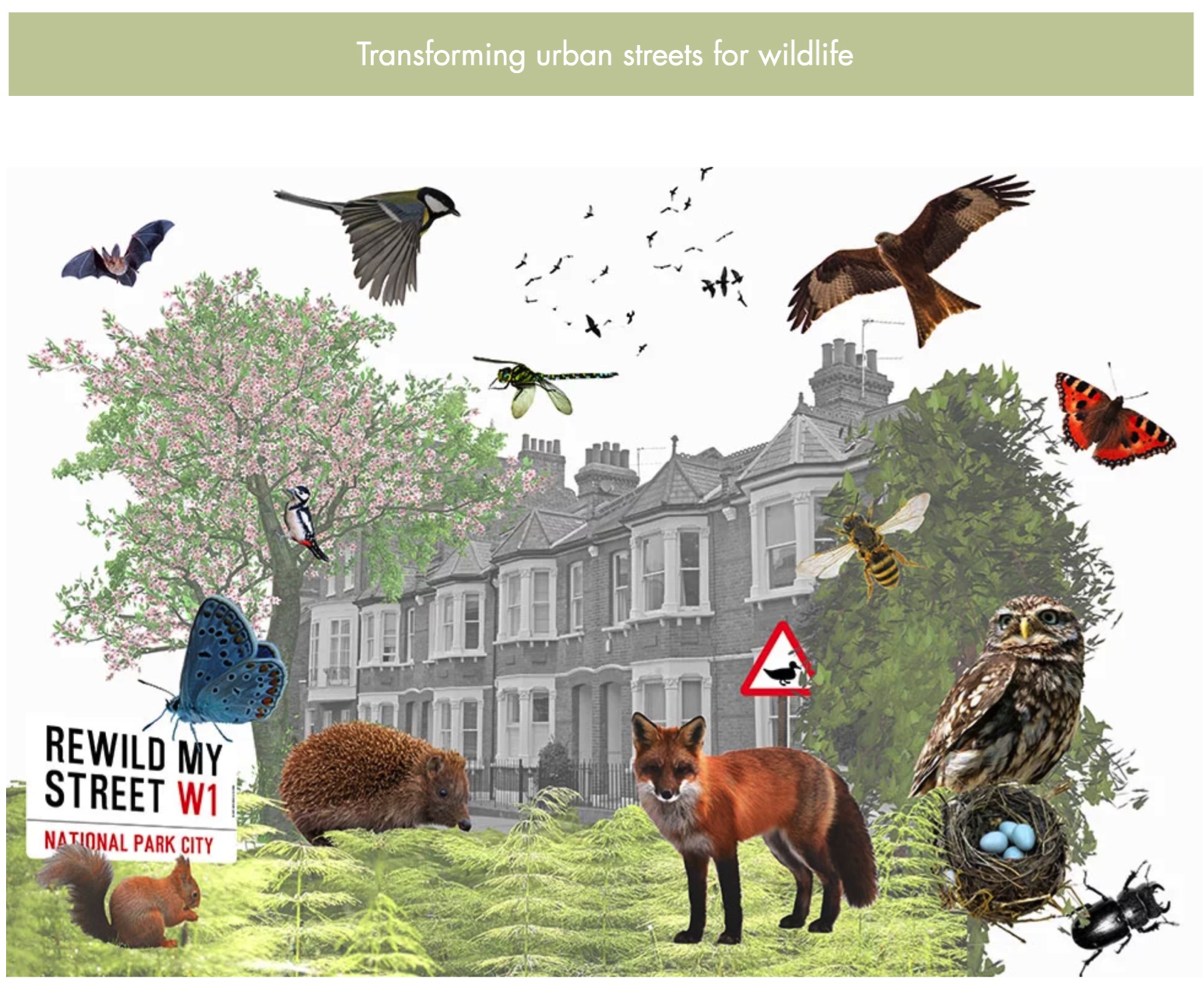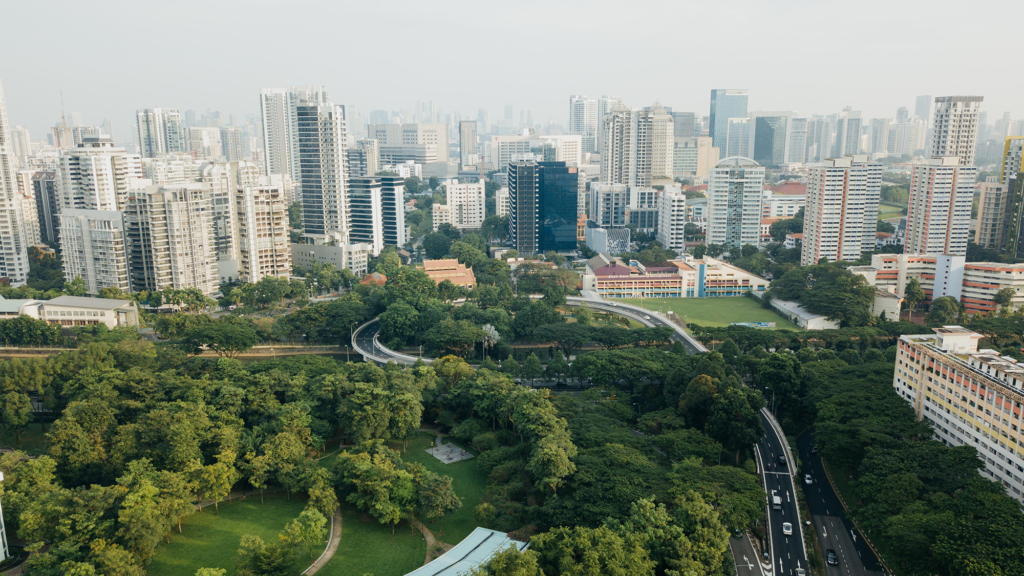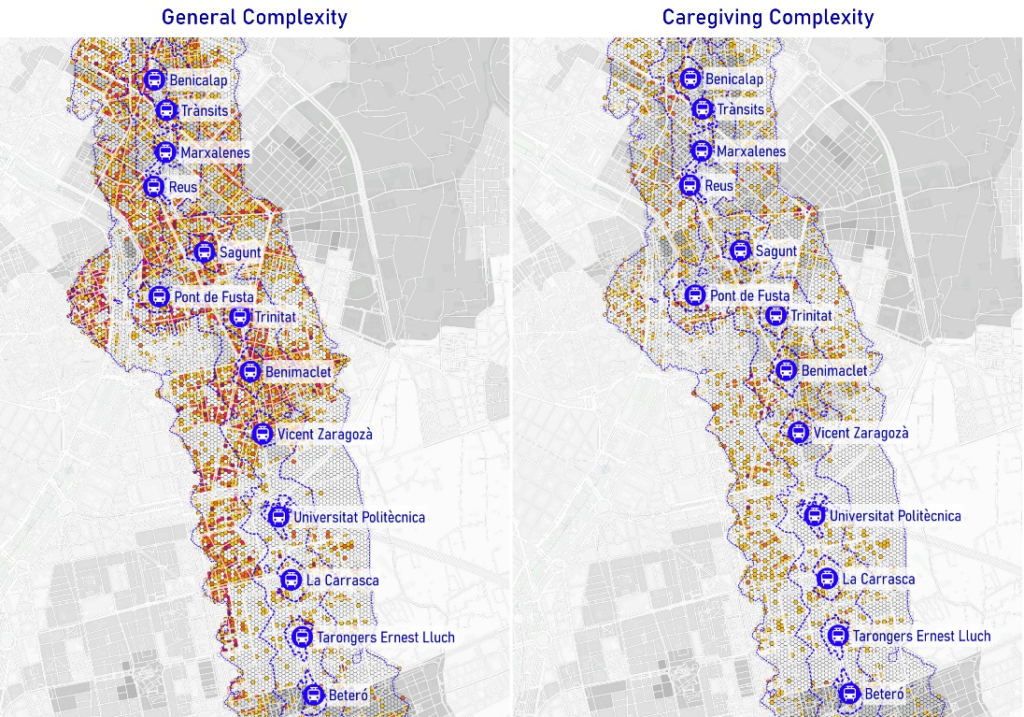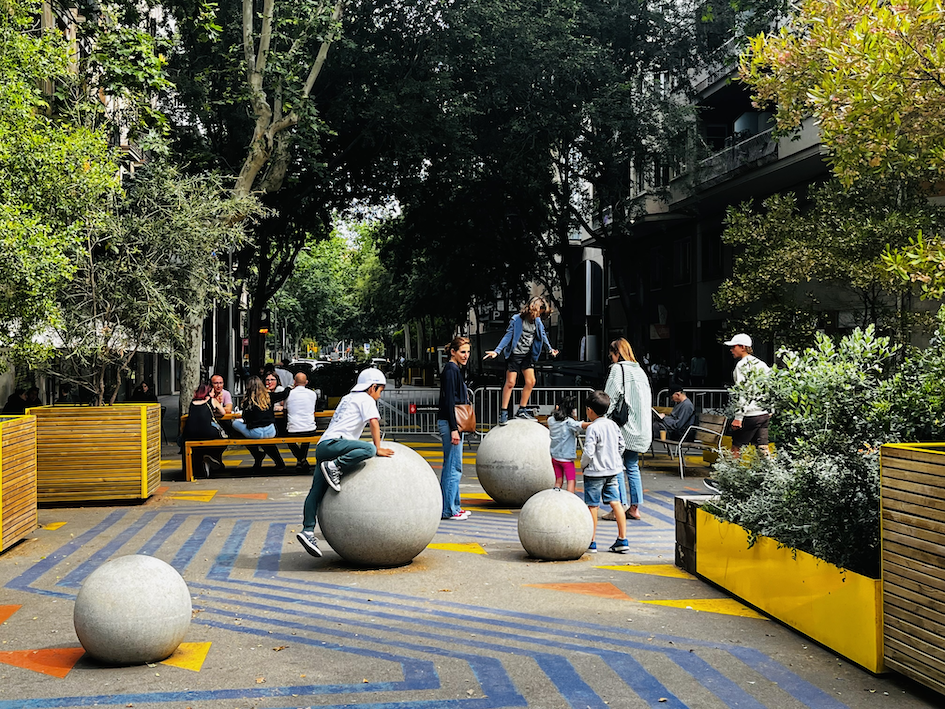City Know-hows

Target audience
Urban leaders at both regional and local levels
The problem
Londoner’s can adapt, change and transform, their gardens to positively impact on biodiversity. This behaviour require a conscious effort to reverse the trend of loss of green space. London’s residential gardens offer an opportunity to increase biodiversity by making small adaptions to turn them into a habitat for wildlife. Altering these spaces to accommodate nature could significantly contribute to London fulfilling its aims as a ‘National Park City’.
What we did and why
This research aims to investigate rewilding behaviours in relation to changes to private gardens within Greater London to improve biodiversity. This research will synthesise the existing literature on intent-orientated urban rewilding; conduct mixed methods research including interviews and a quantitative survey to understand the capability, opportunity and motivational factors influencing urban rewilding behaviour; and develop an intervention strategy to change behaviour in relation to adaptations to urban private gardens.
Our study’s contribution
With urbanisation increasing coupled with a worrying trend in the reduction of vegetated green spaces in London, facilitating behaviour change in the rewilding of London’s private gardens is important to support biodiversity; this research project contributes to this important topic.
Impacts for city policy and practice
The results of this research will allow urban leaders, local and regional, to identify approaches to improve the rewilding of urban private gardens to improve biodiversity. In London, altering such spaces to accommodate nature could significantly contribute to London fulfilling its aims as a National Park City.
Further information
Rewild My Street providing guidance for people wishing to adapt their homes, gardens and streets to encourage wildlife.
Full research article:
A study protocol to understand urban rewilding behaviour in relation to adaptations to private gardens by Justin Webb & Siân Moxon. City Know-how editor: Marcus Grant.
Related posts

Discover how neuroscientific methods reveal the impact of urban environments on mental well-being. Our study provides insights to help city planners design spaces that enhance mood and cognitive health, making cities better for everyone.

We examine how caregiving-related needs remain overlooked in walkability and Transit-Oriented Development strategies. Despite high levels of urban complexity, many transit-accessible areas lack essential caregiving-support places, particularly in vulnerable neighbourhoods. This spatial mismatch limits care-engaged individuals’ ability to chain trips, and access services, reinforcing mobility and social inequities. Our research highlights the need to integrate caregiving accessibility into planning frameworks to ensure that walkable cities are also inclusive and care-supportive.

This paper investigates how health-promoting planning strategies are leveraged in place-based urban transformation initiatives to develop public spaces within neighbourhoods to improve children’s and community wellbeing. Safe, healthy, and accessible neighbourhood public spaces transform children’s lives in cities.